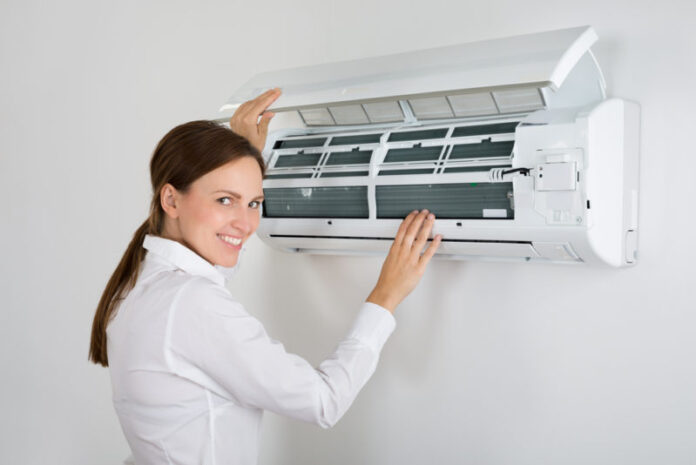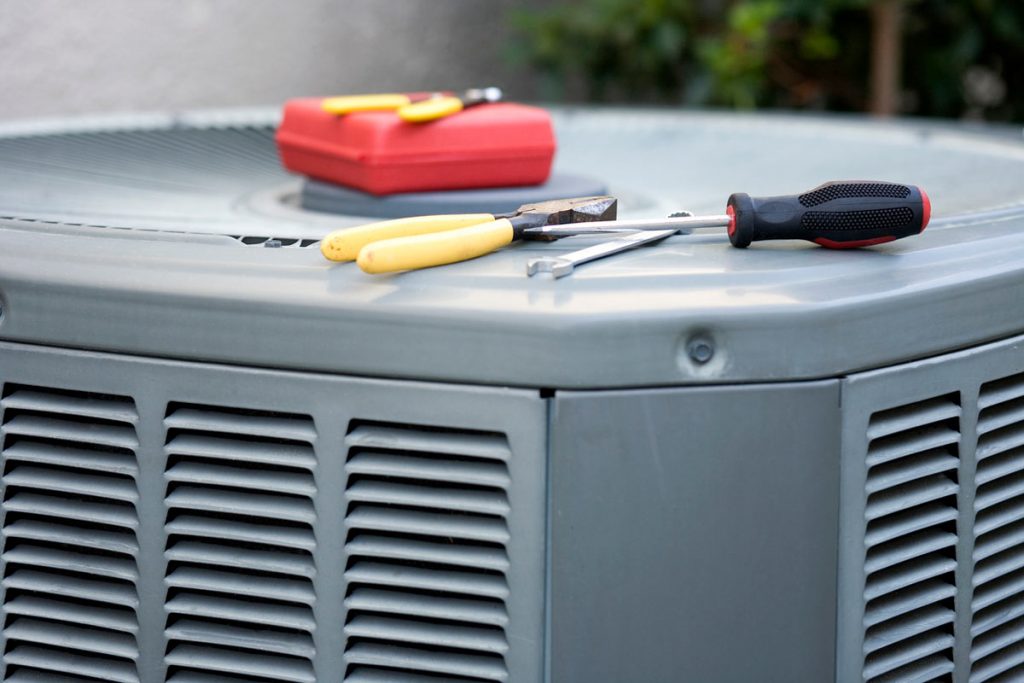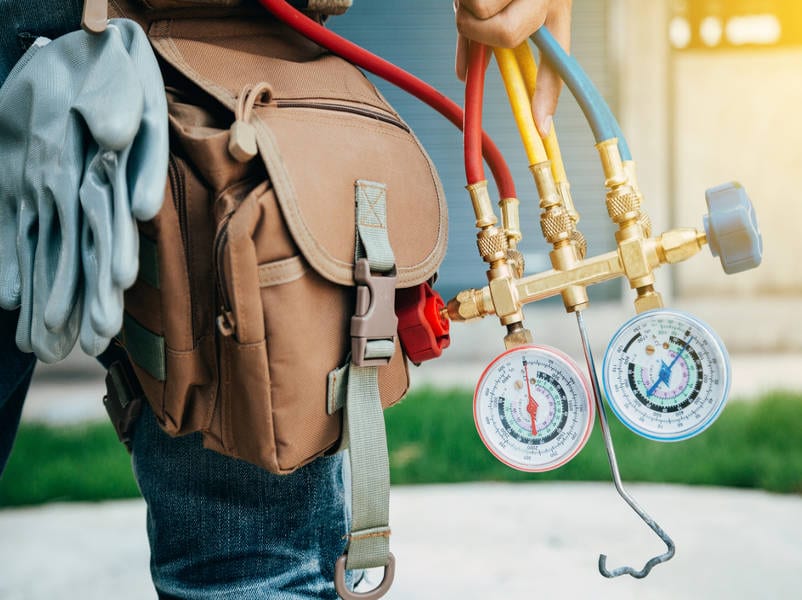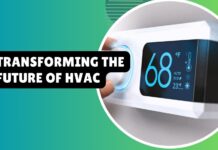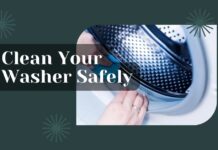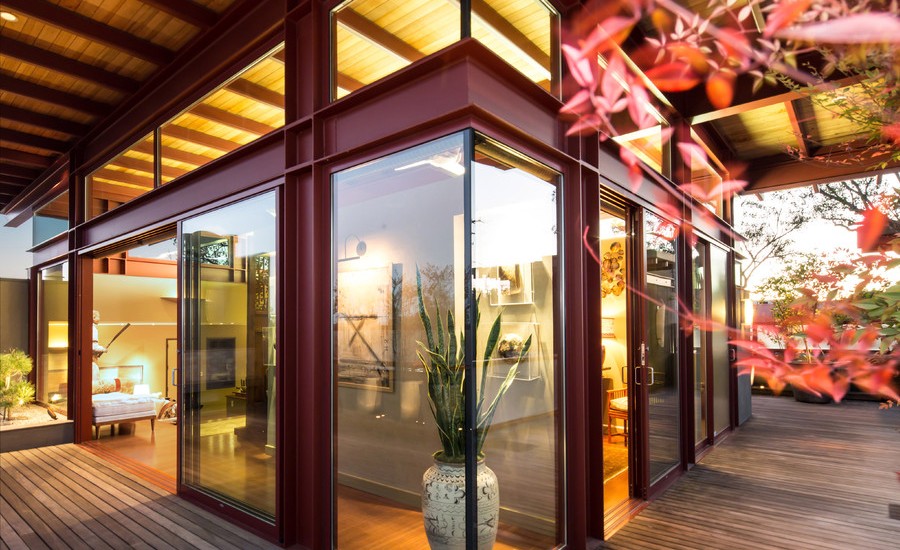HVAC systems are a major investment for any home. They are expensive to purchase and maintain, so it is important that they work properly. The following checklist of common problems with your HVAC system can help you identify potential issues before it’s too late.
1. Dirty Or Clogged Air Filter
A dirty or clogged air filter will drastically reduce the cooling efficiency of your HVAC system. This means you’ll have to run the AC longer in order to cool down your house, which will cost more money on electricity bills. To prevent this issue from happening, replace your filter every month during peak season (spring and summer) and every three months during non-peak seasons (fall and winter).
2. Mechanical Wear And Tear
The HVAC system is a machine, and like any other machine, it has parts that need to be maintained. Mechanical wear and tear will degrade the performance of your heating or cooling equipment over time.
It’s also important to ensure these mechanical components are compatible with one another; for example, use an air conditioner compressor on a heat pump system. And if your HVAC system is worn out, it may be time to replace it. You can look through the collection of Anderson Air to find the perfect HVAC system for your space.
3. Water Leakage
Water is the enemy of your HVAC system. It can cause corrosion and rust on metal parts, which will lead to more frequent repairs or replacements. If you suspect a water leak in an area where there’s an unheated attic, basement, crawlspace, or garage with moisture levels above 55%, call for immediate service.
4. Continuously Running Blower Motor
Most HVAC systems have a blower motor that will run continuously to distribute air throughout the house. If your system is running, but you don’t feel any cool air coming out, there may be an issue with the fan or compressor unit.
5. Dirty Evaporator Coils
If the evaporator coils are dirty, this could cause a significant amount of energy loss. This is because these coils control how much heat goes into your home by releasing it outside or taking in cool air and retaining heat inside. A clean coil will keep your HVAC system running more efficiently.
6. Tripped Breakers
A clogged furnace blower is a common cause of an overloaded circuit breaker. If not cleaned, your filter will get dirty and lead to overload, which in turn can trip your breakers or leave you without heat for days on end. Cleaning up this issue before it becomes more severe may save you from waiting outside in 10-degree weather with only layers upon layers of clothing covering all exposed skin like many people do each winter day due to lost power.
7. Unusual Noises In The Furnace
There are a few different things that can cause unusual noises in your furnace. The first thing to check is the fan blade inside of the furnace, as it might have been bent or broken from the impact with other parts of the machine. There could also be loose pieces rubbing together, which would make an awful noise when they move around and bump into something else. All of these problems can be fixed by a certified HVAC technician, who will know the best way to fix them.
In order to prevent these problems from happening, you should make sure that the blades don’t get too close to anything. And it’s important not to move any of the pieces around inside your furnace when they’re hot and under pressure; doing so could depend on what is wrong with your system.
There are a few different things that can cause unusual noises in your furnace. The first thing to check is the fan blade inside of the furnace, as it might have been bent or broken from the impact with other parts of the machine. There could also be loose pieces rubbing together, which would make an awful noise when they move around and bump into something else. All of these problems can be fixed by a certified HVAC technician, who will know the best way to fix them.
8. Thermostat Malfunctions
If your thermostat is not functioning correctly, this can be a significant reason why you are feeling hot or cold in the house. You may need to replace the battery if it has gone dead. If that does not resolve the issue, then you will want to contact an HVAC technician who can diagnose and repair your system.
9. Problems With Ignition Or Pilot
A pilot light can be a common problem because it is often something that most homeowners don’t know how to fix. If you have this issue, look for signs of gas coming out from the furnace and make sure your house has been completely shut off. If you are unable to do so on your own, call an HVAC professional right away.
10. Lack Of Maintenance
A lack of maintenance can lead to a number of problems with your HVAC system. If you are not replacing air filters, cleaning coils, and doing routine inspections or service appointments, then there is the potential for dust mites, mold spores, and other contaminants to build up in your ductwork which will contribute heavily to allergy symptoms or asthma.
11. Frozen Component
If your air conditioning system is blowing cool but not cold or isn’t producing any heat even though it’s set to the temperature you want, this could be a sign that one of its parts has frozen. This usually occurs during winter when the outdoor temperatures are below freezing and water in nearby pipes freezes inside components within your HVAC unit.
12. Uneven Room Temperature Distribution
HVAC equipment that is not properly installed, maintained, or functioning properly will result in uneven room temperature distribution. This can lead to uncomfortable living conditions and even costly energy bills if your AC unit isn’t running efficiently. Some of the symptoms you’ll notice are drafts blowing on one side of the house but not another, cold spots near the windows, or hot spots near the ceiling.
Conclusion
The good news about uneven room temperature distribution is that it’s typically easy to fix by a licensed professional – if you know where and when to look for potential problems.
When it comes to HVAC maintenance, prevention really does work. If you are not maintaining your HVAC system and it breaks down, then it can cost a lot more to repair than if you had just done regular maintenance. Frequent and close observance of your HVAC equipment is key to preventing many common problems.

